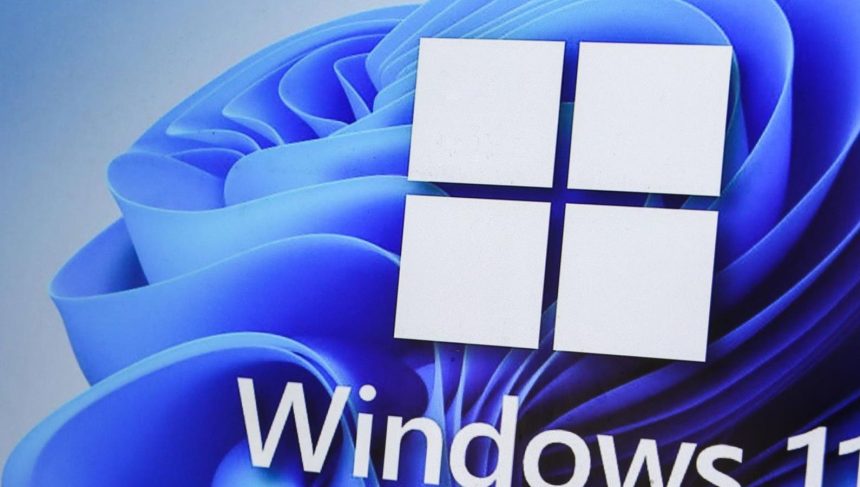The recent release of Windows 11 24H2 has been plagued by a series of update issues, creating frustration for users and raising concerns about the operating system’s stability. One prominent problem involves the use of external installation media, such as USB drives or CDs, containing the October or November 2024 security updates. Installing Windows 11 24H2 from this media can leave systems in a state where they can no longer receive further security updates through Windows Update. This issue, while seemingly impacting a small percentage of users, has generated significant attention due to the potential security implications and the already existing hesitancy among many users to upgrade from Windows 10. Microsoft acknowledges the problem and is working on a permanent fix, advising users to utilize installation media with the December 2024 security update instead.
This installation media problem adds to the challenges Microsoft faces in promoting Windows 11 adoption. The operating system has struggled to gain traction, with a large portion of users remaining on Windows 10. Conflicting reports regarding hardware requirements for the upgrade further complicate the situation, contributing to the perception of a bumpy transition. The recurring nature of these update issues, coupled with the impending end-of-support for Windows 10 in October 2025, puts pressure on Microsoft to address these concerns and streamline the update process. A smooth and reliable update experience is crucial for building user confidence and encouraging wider adoption of Windows 11.
Another reported issue impacting Windows 11 24H2 involves Wi-Fi connectivity problems. After installing the update, some users have experienced issues obtaining an IP address, with their systems resorting to Automatic Private IP Addressing (APIPA). This suggests a problem with the Dynamic Host Configuration Protocol (DHCP) server, which is responsible for automatically assigning IP addresses. While the exact cause is still under investigation, some users have found a temporary workaround by disabling DHCP option 43, which is often used for locating access point controllers. This workaround underscores the complexity of these issues and the need for a comprehensive solution from Microsoft.
The widespread nature of the Wi-Fi issue, albeit impacting a relatively small percentage of users, adds to the negative narrative surrounding Windows 11 24H2. Even seemingly minor issues can become amplified when they affect a large user base, leading to negative publicity and reinforcing the perception of instability. The fact that users are finding their own workarounds, while commendable, highlights the need for timely and effective solutions from Microsoft. These issues, combined with the installation media problem, contribute to an overall sense of unease among users and further complicate Microsoft’s efforts to promote Windows 11.
The cumulative effect of these update issues poses a significant challenge for Microsoft. The company is facing pressure to not only fix the immediate technical problems but also to address the broader perception of instability surrounding Windows 11. With the end-of-support date for Windows 10 looming, Microsoft needs to convince a hesitant user base that Windows 11 is a reliable and secure alternative. Failure to do so could result in a significant number of users opting for extended security updates for Windows 10, delaying the widespread adoption of Windows 11 and potentially impacting the company’s long-term strategy.
The year 2025 is shaping up to be a critical one for the future of Windows 11. Microsoft needs to prioritize addressing these update issues and focus on providing a smooth and reliable user experience. Building user confidence and demonstrating the stability and security of Windows 11 will be crucial for encouraging migration from Windows 10. The company’s ability to navigate these challenges will significantly impact the long-term success of its flagship operating system. A proactive and transparent approach to resolving these issues will be essential for regaining user trust and paving the way for a smoother transition to Windows 11.



